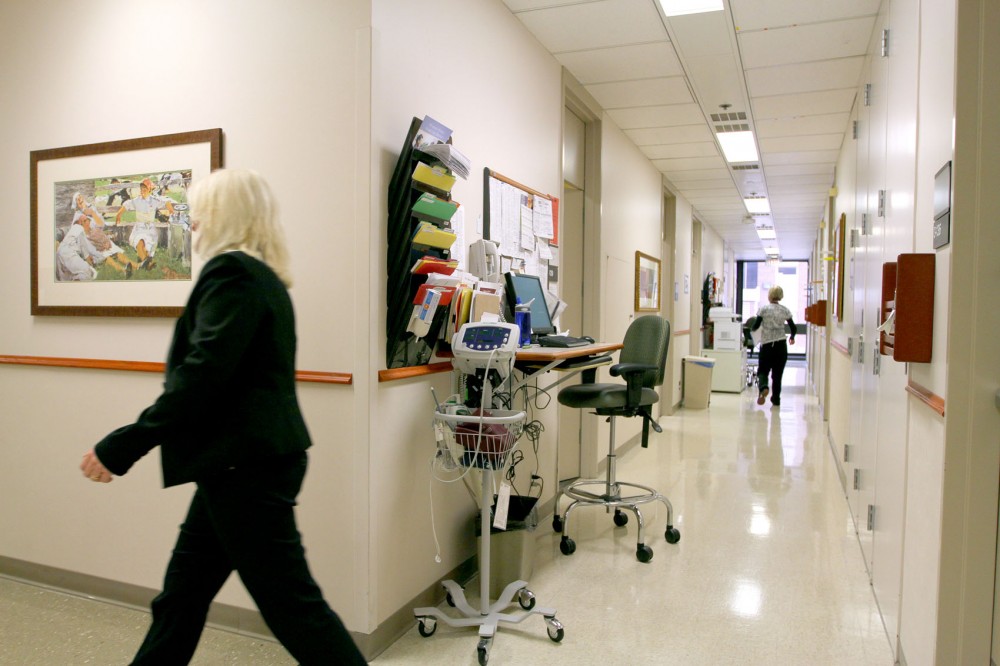 Students are at a higher risk of being diagnosed with colorectal cancers than they were 50 years ago, according to a study released last month in the Journal of the National Cancer Institute.
Students are at a higher risk of being diagnosed with colorectal cancers than they were 50 years ago, according to a study released last month in the Journal of the National Cancer Institute.
Adults born around 1990 have twice the risk of colon cancer and four times the risk of rectal cancer compared with those born around 1950.
“It really is concerning,” said Dr. Emil Lou, a University of Minnesota oncologist who specializes in gastrointestinal cancers, like colorectal cancer. “I think most [gastrointestinal] oncologists would say … more and more young adults are coming into our clinics,”
Colon and rectal cancers are one of the few cancers that can be effectively diagnosed through screenings in the early stages.
Lou said the study quantified and affirmed what oncologists see firsthand in their practices.
Though many perceive older generations or those with risk factors as most affected by colon and rectal cancers, he said young patients without the common risk factors are being diagnosed with the illness.
Though the study doesn’t address possible reasons for the increase, Lou said obesity, a low-fiber diet, smoking and diabetes are often associated with colorectal cancer.
Using a NIH database, the study looked at more than 490,000 people diagnosed between 1974 and 2013.
“If colon and rectal cancer is increasing in people below the age of 50, then we have to ask the question, ‘Do we really need to wait until the age of 50?’” Lou said of the age screenings are suggested. “It’s very startling.”
Rebecca Siegel, an epidemiologist at the American Cancer Society and lead author began the study about a year ago with six other researchers.
Siegel said the study’s purpose was to confirm the perceived rise in colorectal cancer in people under 50.
“Usually when people are looking at colorectal cancer, they’re looking at over 50,” she said. “Because we knew that something was going on in the younger age groups, we decided to take a deeper dive into the data.”
The researchers looked at trends by five-year age groups and by year of birth dating back to 1974 to determine the scope of the increase. The team also accounted for changes in medical practice and changes in behavior since 1974.
Siegel said the most significant finding was that risk for cancer has increased every generation since 1950.
She said she hopes the study sparks further research into the increase.
Siegel said that young patients are diagnosed in the later stages of cancer 60 percent of the time often because of a lack of immediacy to follow-up on symptoms by either the patient or the physician.
University oncologist and professor Dr. Edward Greeno said the increase in cancer is significant and that it’s important for young people to recognize and not ignore symptoms of colorectal cancer.
“Seeing this increase now might help people recognize that their behaviors are going to affect their future risk of having cancer,” he said.
Greeno said if the trend continues among young adults, physicians should consider suggesting screenings at a younger age.
Screenings and their effectiveness in diagnosing colon cancer was first discovered at the University about 30 years ago, he said, and current research covers every stage of colorectal cancer and its causes.
“There’s ongoing work in regards to that,” he said. “For young people, you don’t want to ignore the possibility of having colon cancer because it does happen.”








